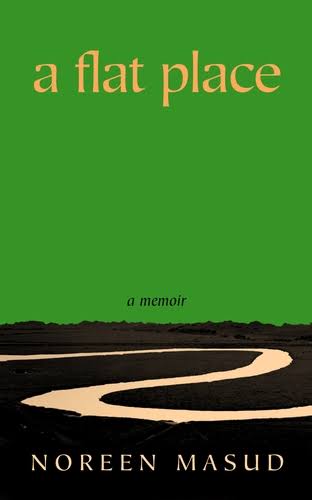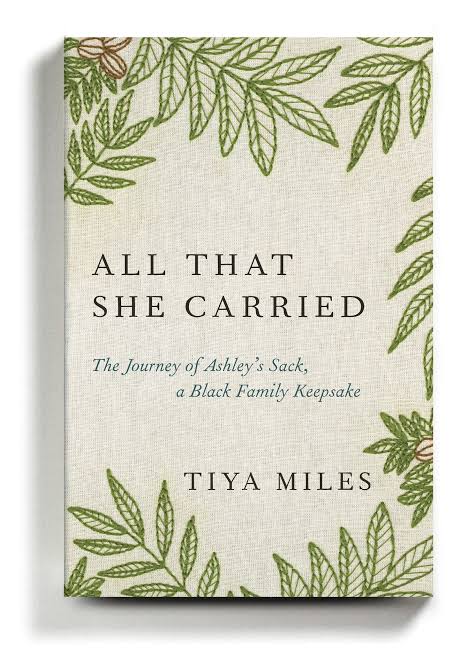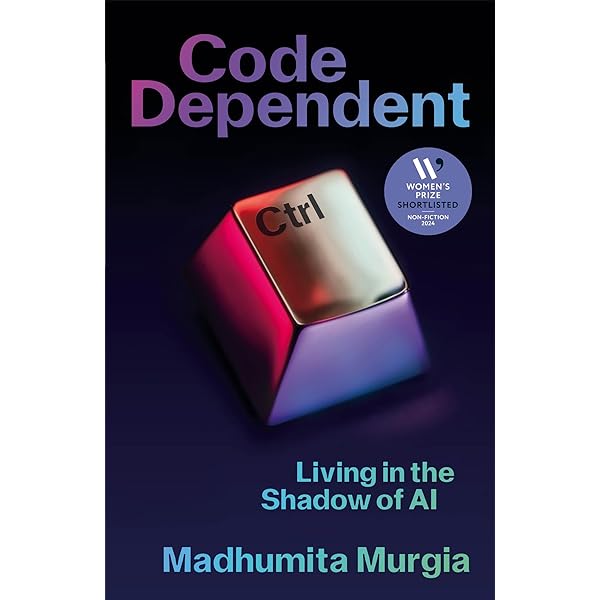This year marked the first-ever Women’s Prize for Non-fiction, celebrating the unique voices of women writers in the non-fiction genre. For its maiden edition, this year’s award focused on celebrating voices for their originality and ability to turn complex ideas, personal trauma, and experiences, into inventive, immersive, and compelling prose.
The panel of judges led by historian and broadcaster Professor Suzannah Lipscomb longlisted 13 outstanding titles in February including;
- Intervals by Marianne Brooker
- Wifedom: Mrs Orwell’s Invisible Life by Anna Funder
- Shadows At Noon by Joya Chatterji
- Eve: How The Female Body Drove 200 Million Years of Human Evolution by Cat Bohannon
- Some People Need Killing by Patricia Evangelista
- The People Dictionary by Sarah Ogilvie
- Vulture Capitalism by Grace Blakeley
- Thunderclap: A Memoir of Art and Life and Sudden Death by Laura Cumming
- How To Say Babylon by Safiya Sinclair
- Doppelganger: A Trip Into the Mirror World by Naomi Klein
- All That She Carried: The Journey of Ashley’s Sack, a Black Family Keepsake by Tiya Miles
- Matrescene by Lucy Jones
- Code Dependent: Living in the Shadow of AI by Madhumita Murgia
On the 25th of March, the shortlist was released, including 6 titles diverse in their subject matter but equally rich in their originality. The winner will be announced on 13th June 2024.
Prof. Lipscomb expressed “Our magnificent shortlist is made up of six powerful, impressive books that are characterised by the brilliance and beauty of their writing and which each offer a unique, original perspective. The readers of these books will never see the world – be it through art, history, landscape, politics, religion, or technology – the same again.”
In no particular order, here are the shortlisted titles for the 2024 Women’s Prize for Non-fiction:
Thunderclap: A Memoir of Art and Life and Sudden Death by Laura Cumming
A stunning body of work that explores the art of the Dutch artistic golden age, and its intermarriage with a city’s devastating history. In 1654, a large amount of gunpowder exploded beneath the Dutch city of Delft, the ruins claimed the lives and properties of many, including the legacy and life of one of the finest painters of that era, Carel Fabritius.
Through the exploration of various art pieces and artists of that time, Cumming writes art with admirable dexterity, lending a fresh perspective to the way we could perceive art that transcends its two-dimensional confines across time.
Doppelganger: A Trip Into the Mirror World by Naomi Klein
When Naomi Klein discovers that a woman named Naomi Wolf is being mistaken for her online, holding abhorrent views and packing a trail of online haters, she spirals down a rabbit hole of anti-vaxxers, conspiracy theorists, right-wing propagandists, and faux wellness influencers searching for answers as to why identity has become such a crucial yet unstable currency in our world. The book’s narrative quickly spins out of Klein’s personal story, yet she uses the concept of doubles to illustrate how these sorts of extreme theories serve to warp or mask the real structures of power that benefit from our willingness to constantly look for narratives and explanations, leaving actual and factual systemic issues hidden or unchallenged, while silly, illogical, and downright harmful narratives take their place.
A Flat Place by Noreen Masud
As Masud’s forced emancipation at the age of 15 drives her to England, she sets out to find her footing in this new land amidst long-term post-traumatic distress from an unkind childhood. Masud adopts symbols, geography, and striking narratives to explore the complexities of her highly controlled and abusive childhood alongside the colonial traumas suffered by her Pakistani ancestors. She employs poetry, methodological prose, folklore, and history woven together throughout the memoir, giving a textured and intimate portrayal of a woman who has come into her own, but is unwilling to let any of the past go without giving it a name or story.
All That She Carried: The Journey of Ashley’s Sack, a Black Family Keepsake by Tiya Miles
“All That She Carried gives us history as it was lived, a poignant story of resilience and love passed down against steep odds.” -Women’s Prize for Non-fiction.
Harvard historian Tiya Miles has taken a bold approach to documenting slavery. A simple family heirloom opens a portal to a moving generational tale. In 1850s South Carolina, a woman’s world is torn apart when her nine-year-old daughter is auctioned and sold, she packs a cotton sack with a few items and gives it to her daughter before they are snatched away from each other’s lives forever. Decades later, this simple cotton sack, passed down through generations is now in the hands of the great-granddaughter who embroiders her family history onto it.
Through archival records, art, objects, and anthropological efforts, Tiya Miles traces this family’s history, giving us a close-to-first account of slavery and uncertain freedom.
Code Dependent: Living in the Shadow of AI by Madhumita Murgia
Code Dependent asks the question “What does it mean to be human in a rapidly changing world powered by automated-decision making and artificial intelligence that both draws on and influences our behaviour?”
Muriga explores the impact of the often flawed and exploitive technologies on individuals and society at large and raises compelling arguments on how harmful total reliability on these technologies can be for humanity.
How to Say Babylon: A Jamaican Memoir by Safiya Sinclair
Growing up in the seaside Jamaican town, of Montego Bay, Safiya Sinclair’s father poses an ever-present threat to her life with his strict and restrictive method of upbringing. Rich in lyricism and language, Sinclair initiates the reader on her journey of burgeoning independence and breaking away from the confines of her Rastafarian family and her father’s expectations of the path she must follow, his militant stans against Western influences constantly put them both at loggerheads as Sinclair attempts to defy her circumstances and find her place in the world.







Leave a Reply